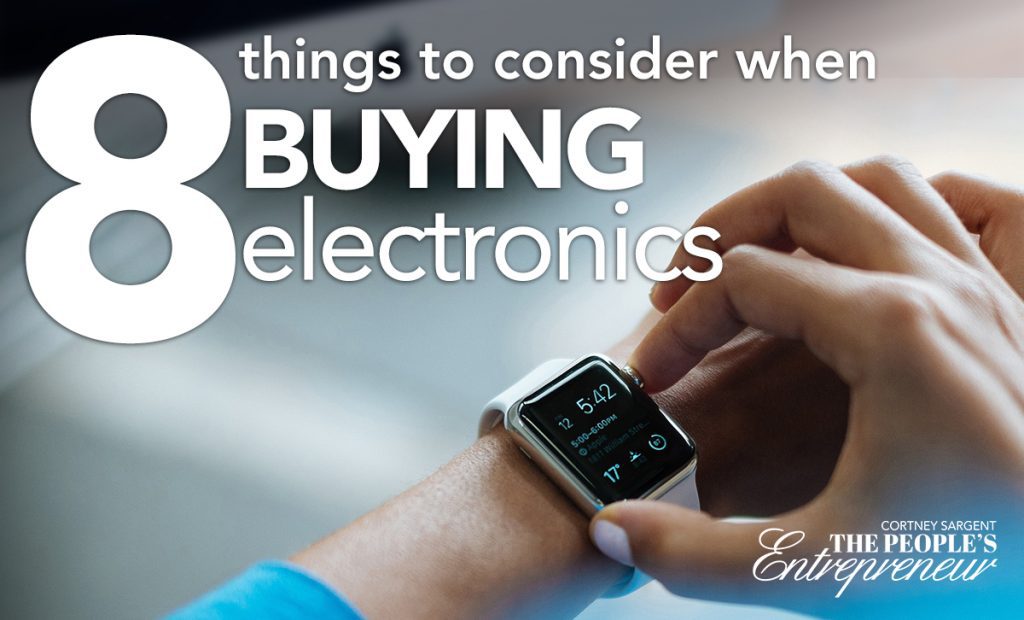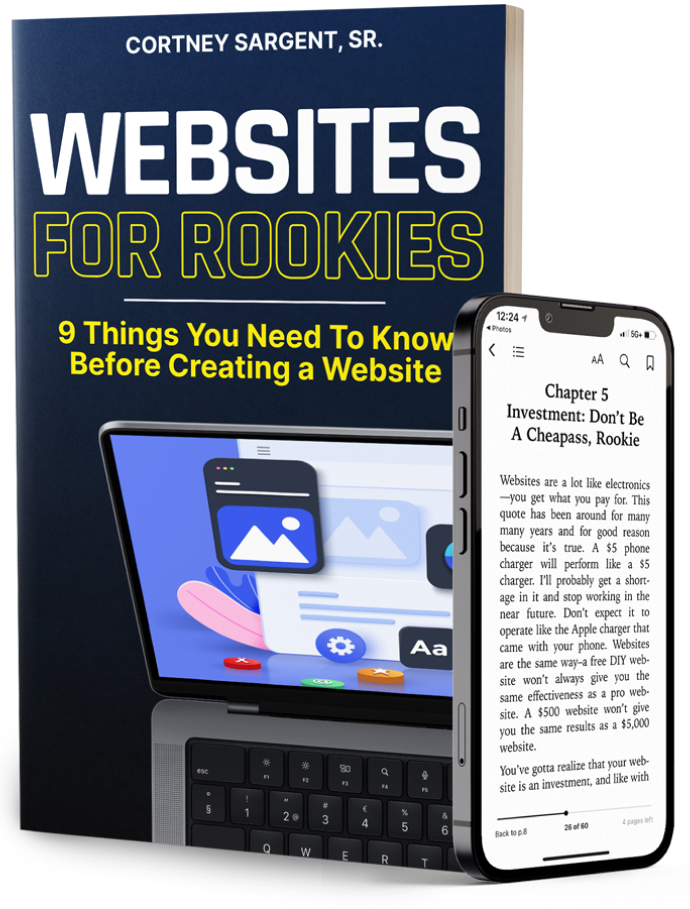- Take your time. Be patient when purchasing electronics, especially if it’s a big purchase. Shop around a bit to make sure you’re getting the lowest price, or the best deal. Sometimes the lowest price may not be the best deal. Think long-term with electronics. How will this purchase affect you 3 months down the road? Will the product last? Can you get the item you’re looking for plus accessories for a relative price? Think about all of these questions. Don’t rush into purchasing electronics because when you do many times you make a bad decision. You either pay too much for it or end up getting the wrong product. Be patient. Pray about it.
- Beware of replacements and repairs. Any electronic that needs repairing or replacing every year is a sign of a bad purchase. You should never have to repair your computer every 6 months. You shouldn’t get a virus on your PC every year. You shouldn’t have to get a new DVD player every year. Do research before you make a purchase.
- Read customer reviews. Reviews are very helpful. How many times have you gone to a restaurant because your friend or family member told you it was good? These people have actually purchased the product and used it. They know if it’s good or not. They’re giving you their honest feedback; they have no reason to lie. Many times, my purchase decision is based solely upon the reviews. Other times I won’t even purchase the product if it doesn’t have reviews. They will make or break a purchase. If a retailer has star ratings, sometimes I won’t even click on it if it doesn’t have at least 3 stars.
- With electronics, many times you get what you pay for. If it’s priced low then the quality will be low. That’s a general rule-of-thumb, however there are exceptions. You can purchase some low-cost electronics that will last longer than those that are high-priced. The reason for this is: if a product has a high price tag but it doesn’t last in durability, you only paid for the name. If a product has a low price tag and it last a long time, then that manufacturer cares about the durability of the product. Some big brand companies only care about the name.
- Don’t purchase the insurance. I’ve been purchasing electronics for a long time and I have never, ever, ever purchased an insurance plan with an electronic. Furthermore, I have never, ever, ever needed to use insurance for electronics. If something breaks or it stops working I just return it – no big deal. In my humble opinion, the insurance plan is just another way to get in your pocket. However, at the end of the day, make your own decision. Insurance can be a good thing for TVs, though.
- Don’t ask an associate what they think. If you go to stores where associates make commission off of electronic sales, don’t ask them what they think about a product. Their job is to sell, so they will tell you what sounds good and they will always try to upsell you. I know because I was an electronics salesman. When purchasing electronics from physical stores, know what you want before you get there. Do your research on the product; read reviews; ask around to someone you trust. Just because a person works in the electronics department and have on a collar shirt and a name badge doesn’t mean they know what they’re talking about. In reality, many times they don’t. They go through a 1-2 day orientation where they learn about electronics and that’s it. Before you go to the store, know what you want. (Sorry electronics salesman). There’s been times when I’ve gone into my local computer store and asked questions that I already know the answer to just to see if they would be honest with me. THEY FAILED!! And, I haven’t shopped there. Again, their job is to sell and that’s what they’re going to do. Your best bet is to find someone you know and trust to ask questions.
- Always keep your receipt – “Electronics have a mind of their own.” And, that’s true. (Not like the Transformers, lol) You never know when something is going to go out. It can be working today and tapped out tomorrow, so keep your receipt. Even if the return window is closed, still keep your receipt because if it stops working, some retailers will exchange it. It never hurts to hang on to your receipt.
- Compare online prices with in-store prices. Sometimes you can get things cheaper online and sometimes you can’t. Again, you just have to do your research. Compare the price of the product online to the price of the product in-store. Then compare the total online cost including tax and shipping to the total cost of the product in-store. Sometimes, you can get a cheaper price online from the same in-store retailer. On the other hand, your local store can do promotions that aren’t going on nationwide, so that’s another thing to consider that can offer a price break.


